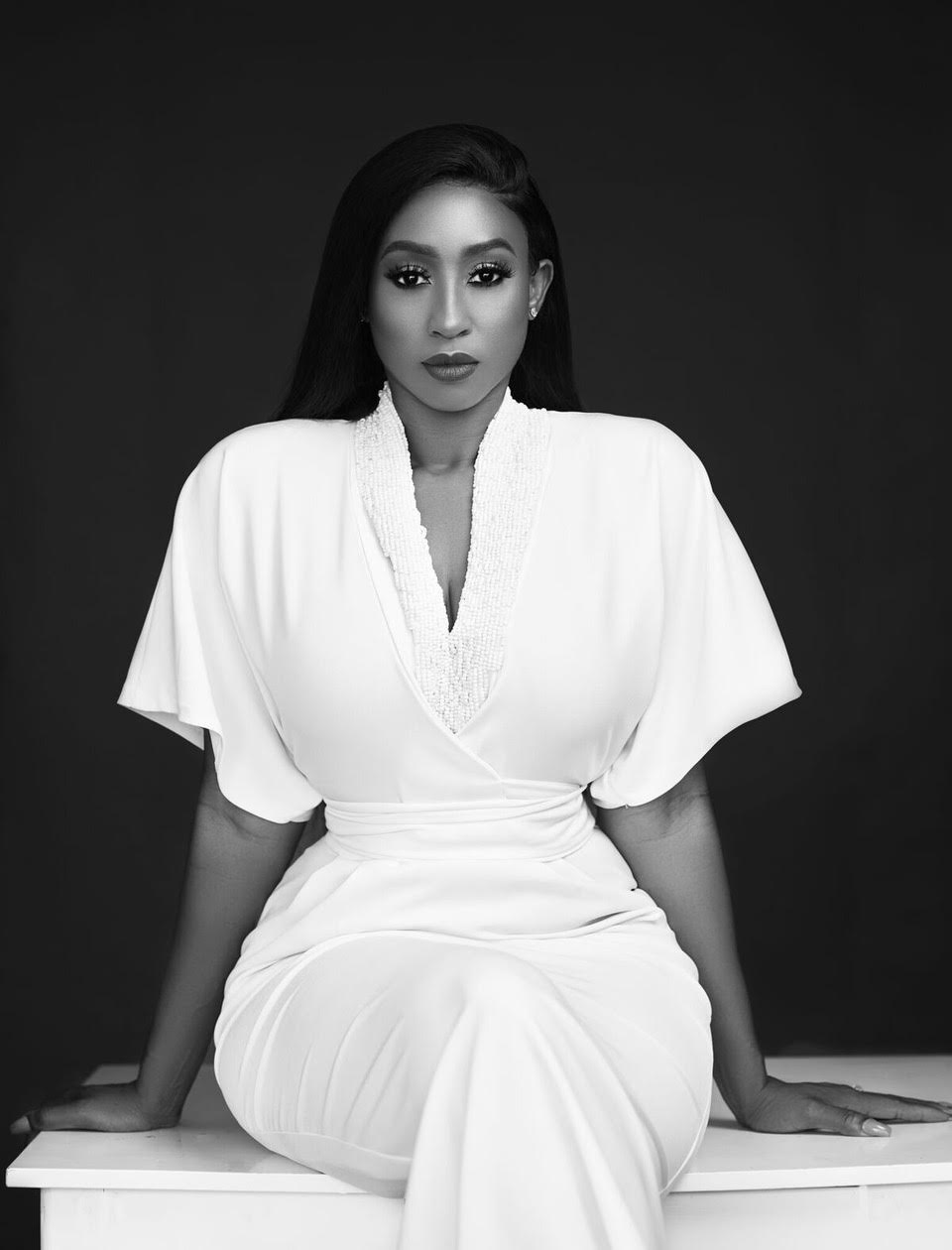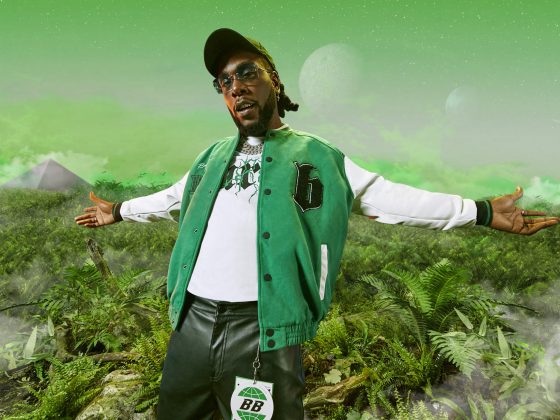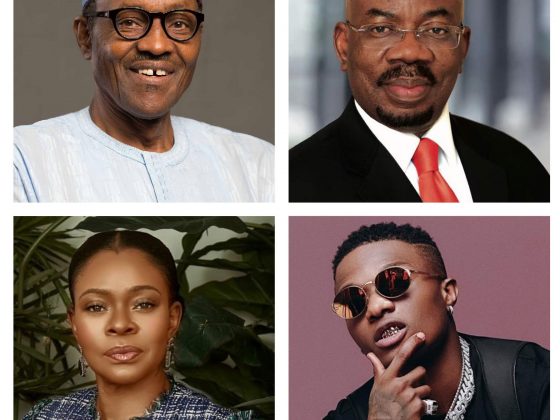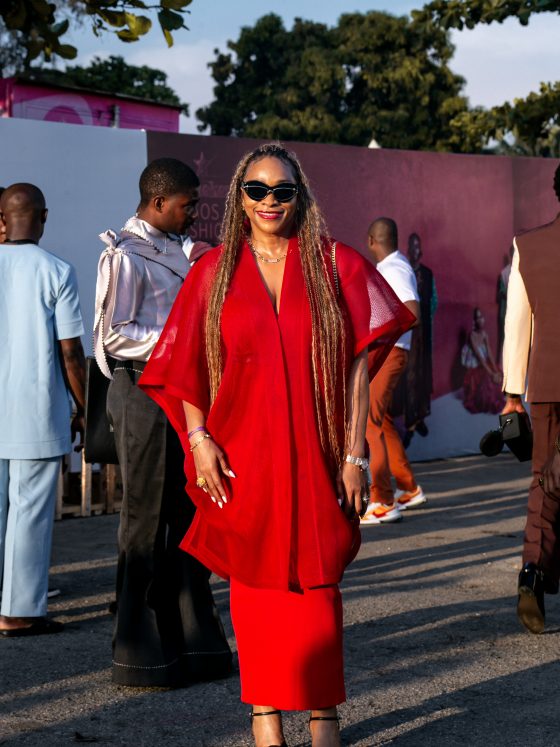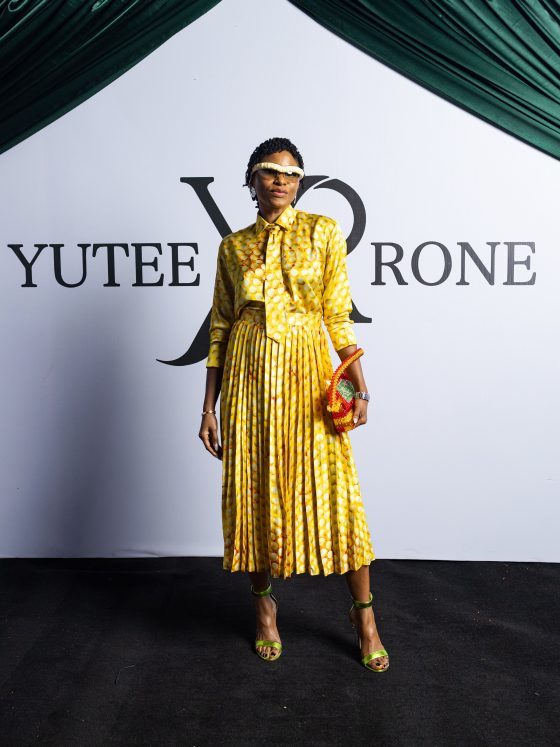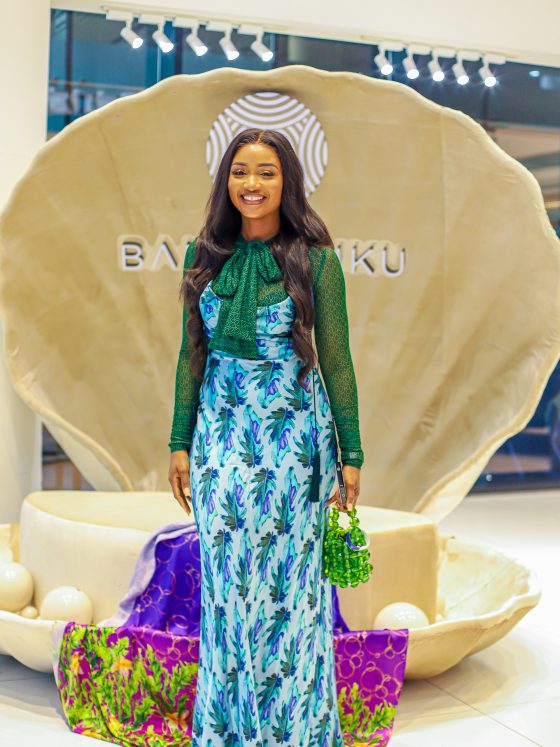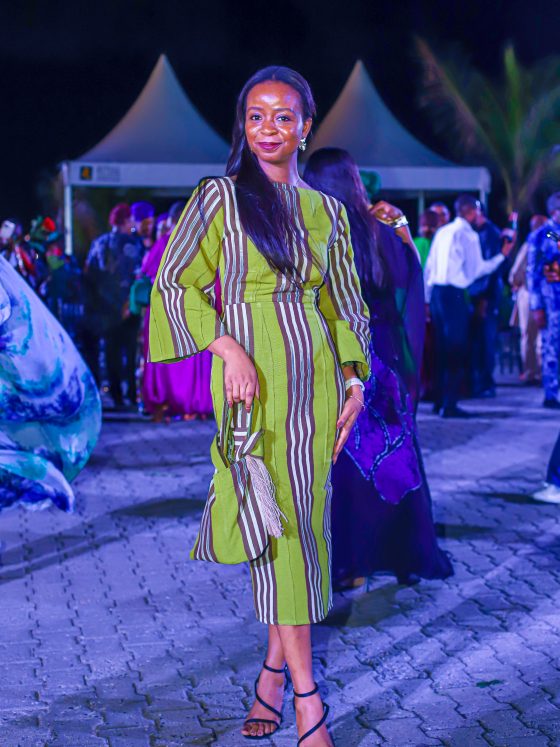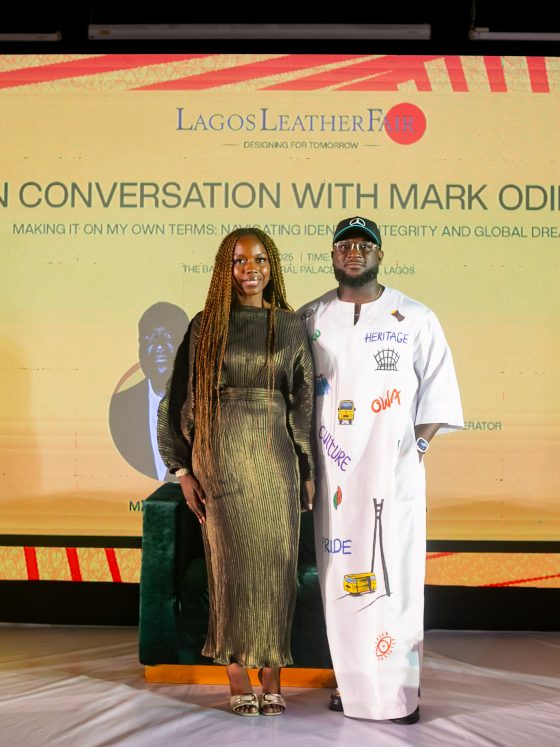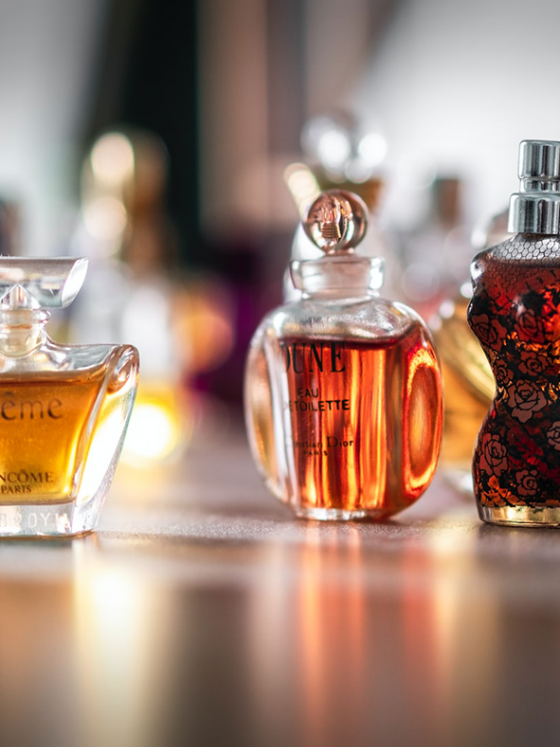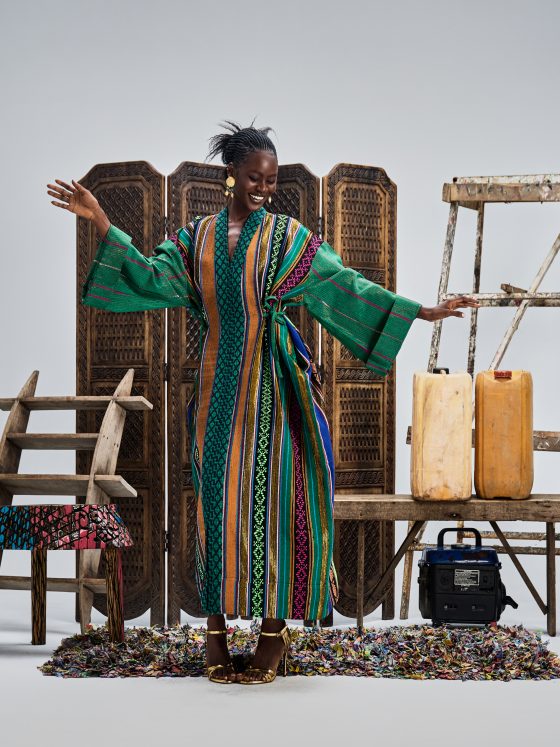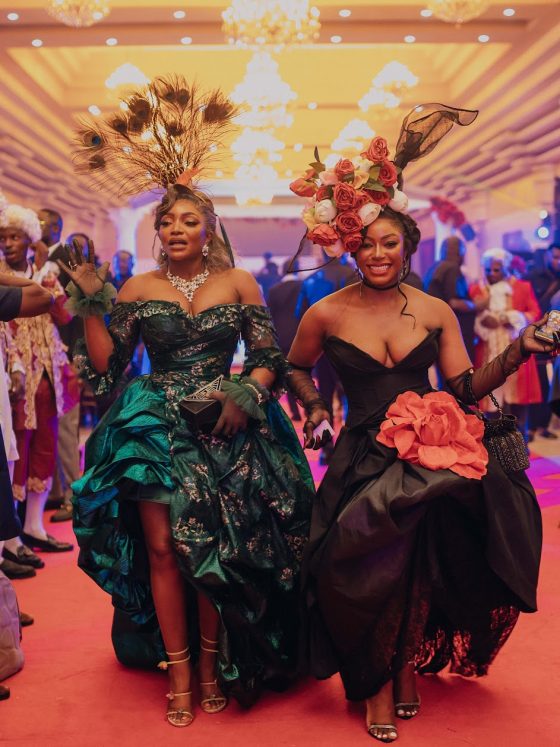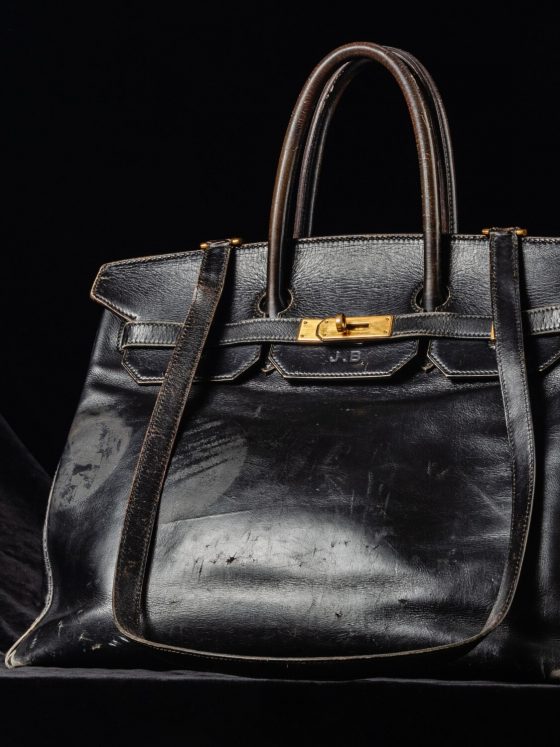With a natural flair for style and aesthetics Veronica Ebie, sits at the intersection of the creative process and the business of fashion itself; two fields that are essential for the success of any fashion brand.
Her understanding of the industry is supplemented with years of experience and a diverse portfolio as a fashion stylist, luxury personal shopper, beauty retailer and now brand consultant. Speaking to Konye Chelsea Nwabogor, she says, “There needs to be a focus on developmental attention towards areas such as funding, production and education.’’

A lot of people saw you come into the industry as a fashion reporter/ stylist; fast forward to becoming one of the most recognised names in the fashion industry. How did you get here?
Being recognised for my contribution to our industry is appreciated more so because I am deeply passionate about my work and I am very involved in every aspect of what I do to ensure the process and results are perfect. Over the years, it has been my mission to give everything I have to ensure our industry continually gains promising growth in the right direction. In doing this, I have had numerous creative collaborations with so many amazing people which in turn has caused me to be recognised.
Let’s talk about Scale with Veronica. What services do you offer the brands who work with you?
Scale with Veronica is the creative consulting development arm of Vanestyle. In 2012 while I was at the top of my stylist journey, I began consulting with two brands within the industry. I offered my knowledge and insight on how to position their brands for global success. I provided this service privately. However, upon completing my MBA in Global luxury Branding, I realised it was imperative to open my services to accommodate more brands. I also knew that I couldn’t attend to every single one; therefore, Scale with veronica was implemented during the COVID Crisis. There are levels to starting and establishing a successful retail business as an entrepreneur, and we offer creative brands and projects the business knowledge to pivot their brands forward.
Scale with Veronica offers an advisory like service this is structured slightly like a course whereby the client does a lot of the work, but we provide materials and cases for them to implement towards their brand success. We also offer one on one consultations and consulting services for many luxury projects and retail brands who need a frontier management style understanding of how to engage their consumers better.

So, would you say you have bridged a gap in the fashion industry?
I would say I am one of many bridging the gap and are working endlessly to facilitate continuous growth in our creative industry through education processes that bring forth positive results.
What’s your take on the Nigerian fashion industry and the impact they are having on the global scene?
First of all, you need to understand that the industry here is full of talent, and we are certainly not lacking in culturally expressing ourselves through our creative process. However, our industry is still young, and many don’t seem to realise that when it comes to fashion, it is a business and a multimillion-dollar one at that. – design is only one aspect. Within the value chain, there needs to be a focus on developmental attention towards areas such as funding, production and education. These all aid in creating jobs that support the foundation of the industry. As of now, a lot of us are not well-schooled in the business of fashion.
On the other question, our industry’s impact is gaining global recognition, and we are doing it our way, which means we aren’t looking for approval. Instead, we are focusing on improving our techniques and resources within. It is about our rich identity which has come from re-visiting and repurposing patterns and techniques. Many of our designers are globally recognised and highly sought after worldwide for collaborations, design ideas and their pure innovation from heritage aesthetics.
So, who are your promising favourites?
I live in a creative bubble. Whenever I interact with a brand or a designer who embodies something unique in their delivery, I become attentive. So, I won’t say they are “promising”, as many of them are already notable globally. However, I will say that these are designers I’m currently impressed with – Iamisigo, Maxivive, Kenneth Ize, Abiola Olushola.
No one saw the pandemic coming. Every sector had a bad hit. What was it like for the fashion industry?
The pandemic was an unprecedented event that undoubtedly changed everything,
Instinctively my immediate response was thinking about putting my structural processes in place, my luxury brand clients and what I could do to assist them through this. Particularly the way we conduct business. Some of the changes for many services and brands were alike from examining the external threat to scaling down on resources and buying within for fabrics as well as scraping any collection plans and re-designing pieces to satisfy the consumer’s current lifestyle.
What permanent changes do you think came with it?
As the year has progressed, I will say the biggest is a much greater dependency and use of technology in every area of fashion. Smaller capsule collections for many, for others easier direct to consumer sales strategies. More frequent drops throughout the year and of course less elaborate designs.
Also, we have seen improvement on sustainable measures within designs, simpler processes with production times being quicker and a lot of more virtual meetings of course. The other permanent change is shifting the focus from the product to the person. People buy from people, 65% of sales come from consumers approvals of brands. The perception from the consumer matters because when they’re satisfied with their service or product, the value offered was successful. I have always been about consumer behaviour, and experiences towards retail and more than ever the way brands communicate and engage with their consumers will be more intentional for years to come.

In the face of social distancing and increased social media consumption, do you think fashion week as we know it should return?
Yes, of course! Fashion is necessary, and while we need to remain careful, it is imperative it returns only now with a much greater emphasis on creating shows that offer an experiential experience to the audience.
Tell us some of the most significant changes that have occurred in the fashion industry since you’ve started your career?
Wow! There are a lot, but the most visible is the initiative to buy and wear Nigerian proudly. When I moved back in 2010, I can honestly say the majority of consumers I worked with and personally styled did 90% of their shopping from global brands throughout the year. In the last seven years, this has improved tremendously as many are beginning to champion wearing with pride pieces from home own brands. Last year 90% of purchases made on behalf of my HNI’s were within the stores in Lagos that stock Nigerian brands and many of the style consultations I offer clients continually ask for Nigerian brands. Even on social media, most of the messages I get or acknowledgement on what I wear are all about Nigerian brands. The truth is, the designers have improved vastly on techniques, sourcing of fabrics (even producing their prints). Even the production is a lot better, also pricing, which in turn has benefitted the value to the consumer.
Any Style tips for our readers?
Be yourself always, trust your instincts, wear what pleases you, know that beauty is from within first, so be confident in your skin.

